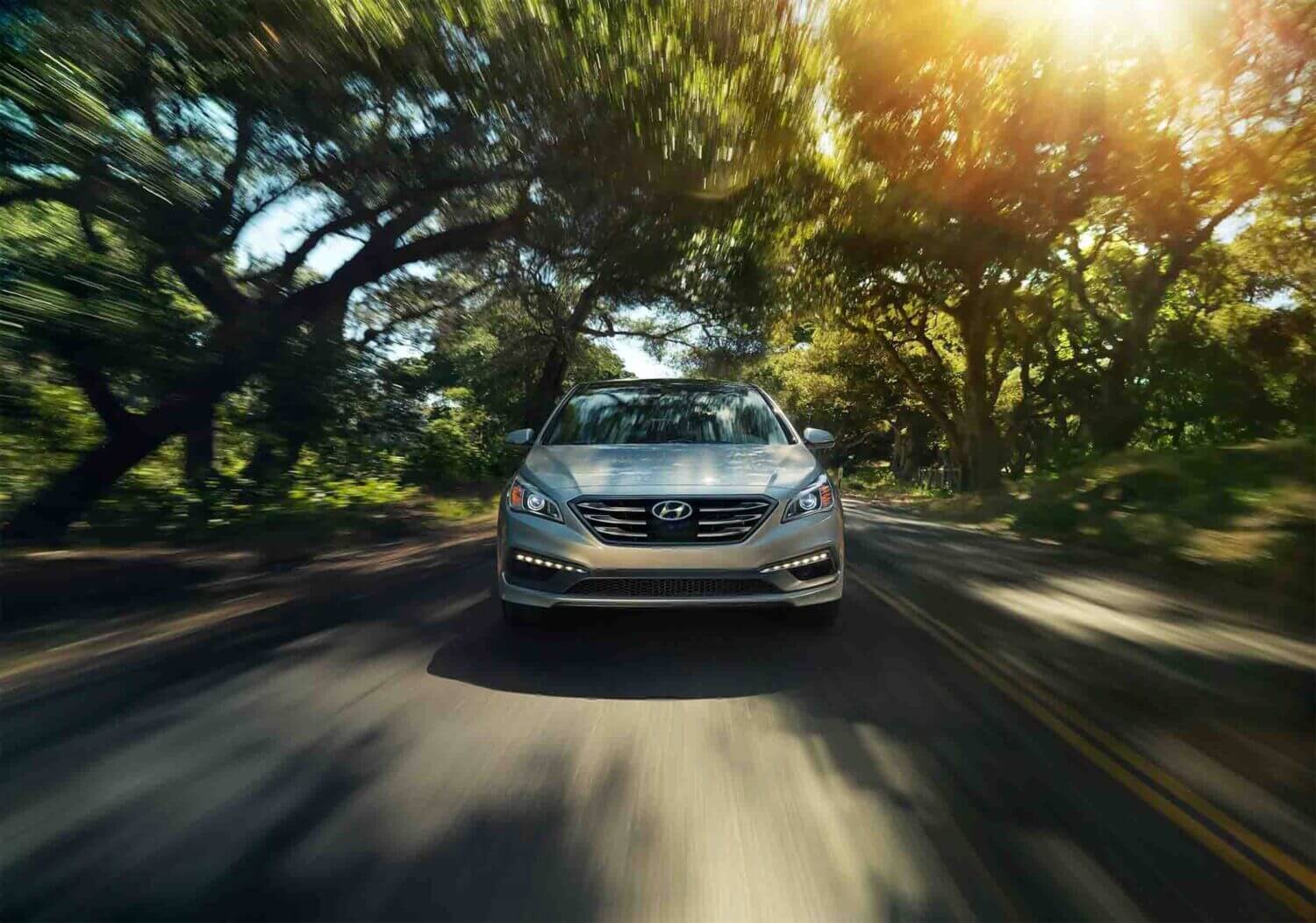Why auto ownership is a habit most of us don’t want to break
A new poll reveals that Canadians aren't driving our cars all that often—but we love them too much to consider living without them.
Advertisement
A new poll reveals that Canadians aren't driving our cars all that often—but we love them too much to consider living without them.

RELATED: Why premium gas is a waste of money
According to the Canadian Automobile Association (CAA), a vehicle is Canadians’ second-largest expense after housing—and half the cost of car ownership is depreciation, meaning those wheels cost you money, even when they’re just sitting in your driveway awaiting the next ice cream run. The CAA has found that even a conventional compact car (not a hybrid or electric-powered) costs $3,300, on average, to own and operate each year, and most car owners vastly underestimate how much they spend on their vehicles. A lot of us talk about the practical reasons why we own a car—like Andaleeb Dobson, who traded in her Mercedes for a fuel-efficient Honda Civic Sport to handle the 800 kilometres she drives each week for work (she says it’s “more economical for gas, better residual value and just as fun to drive”). But, like many life decisions, it’s about more than money, says automotive journalist Eric Novak. “Canadians traditionally have been so attached to our cars because we were raised to believe that a car equates to freedom. It’s hard to catch a bus up to the cottage or the beach, but if you have a car you can go anywhere our roads will take you.” And there are those of us who take that bond further: Of the 2,000 Canadians who responded to the Angus Reid/Turo poll, 55% reported having “an emotional attachment to their car” and 16% admitted to giving their vehicle a name.RELATED: What’s the right way to sell a used vehicle?
As for alternative modes of transportation, while 68% of those polled said buses, streetcars or rapid transit are available where they live, only 42% had used any of those in the last year. Similarly, although 86% had heard of car-sharing services (such as Zipcar and car2go), a mere 37% said car-sharing exists in their community, and an even smaller proportion—7%—said they had used a service in the last year. Peer-to-peer car-sharing, the category Turo falls into, is the least used. These services allow everyday folks to earn extra money by lending out their personal vehicle when they aren’t driving it themselves (a bit like Airbnb for autos). Of the drivers polled, just 21% said a P2P service is available where they live, and 3% noted they’d used one in the last year.RELATED: Review: Turo, the Airbnb of cars
Share this article Share on Facebook Share on Twitter Share on Linkedin Share on Reddit Share on Email